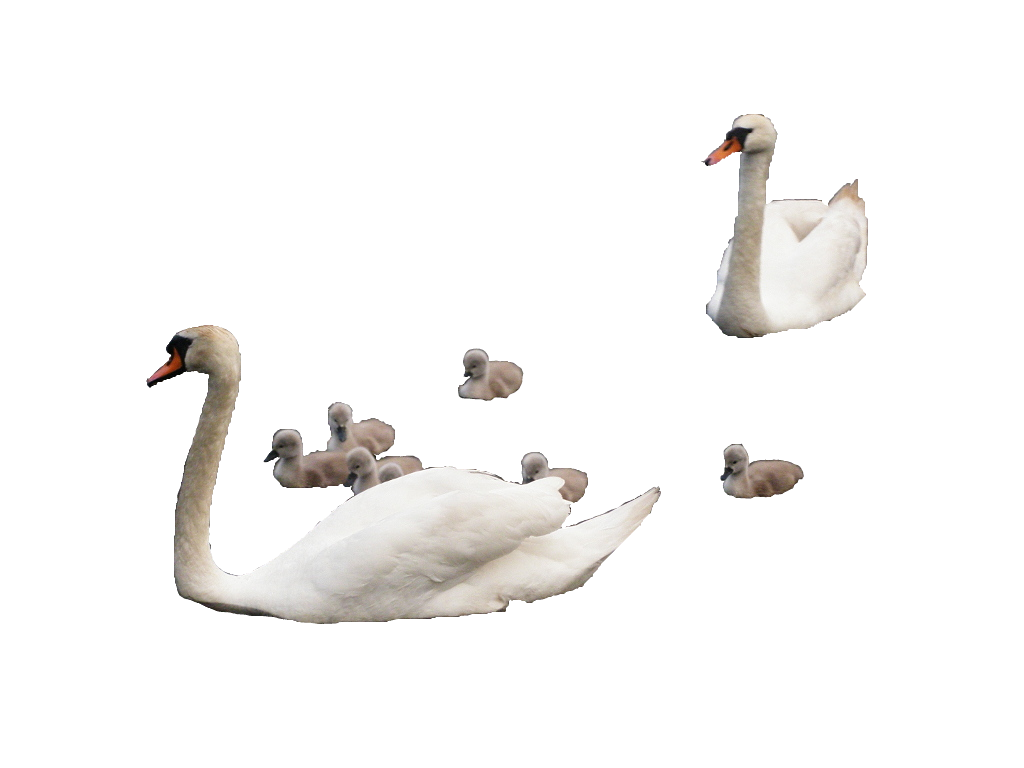
You are here
Secret alliances

31-01-13
A secret is something that others [some or everyone] may not know. The reasons can be both
- willingly [e.g. humane opposition to personal, informational, economic and cultural-political crimes and terror] or
- unwillingly [e.g. to commit personal, informative, economic and cultural-political crimes and terror].
As soon as more than one is voluntarily involved in the secret, an alliance is created.
Someone can involuntarily get involved in a secret. For example, a victim of a crime or terror, or a - whether or not coincidental - spectator who, under pain of terrorist threat and/or blackmail, is forced not to show the back of his or her or their tongue; in other words, to speak the truth. And thus against will and gratitude is expected to cooperate directly or indirectly and thereby becomes an accomplice. Even if he or she is the victim.
In beastly families and societies, secrets -and others willy-nilly involve- are very common. With the old argument: survival; as pleasant as possible. Surviving of individuals, families and other groups; And hand over of human and material capital for hierarchically organized power, prestige and status of religiously communizing capitalist habits of familial educated and company-politics cultivated group leaders.
A secret alliance is a collection of two or more people with one or more secrets towards non-allies. They can keep their alliance secret as well as only certain secrets, strategies, actions and/or habits. Secret alliances occur all over the world and are of all times.
A few, predominantly or only of men consisting, secret associations that have had great influence behind the scenes, or have to this day, are:
Knights Templar. Catholic knightly order, at the time of the Crusades, 1115-1312 AD. Vow of poverty, chastity and obedience. The aim was to protect the Crusades. Become very rich thanks to donations and free activities, etc. Develop into a religious order with a feudal structure. Many competing orders have emerged over time. Philip the Fair, king of France in 1285-1314 no longer wants church interference and forbids the church orders to expand.
Jesuits. Catholic order founded in 1453 in Paris. Just like the Templars, they are supposed to be poor, chaste and obedient. The aim was to help the loved ones and the sick. According to Wikipedia, Jesuits are critical intellectuals who don't mince their words and also educate their students to be critical individuals. However, this critical attitude only concerns non-allies, as they must obey the Jesuit order. So Jesuits think in we-they terms, they think they are good because they obey the Jesuit family and judge outsiders who do not or not fully share their views and way of life as more or less bad.
Freemasonry. Secret society that, as far as known, came into being in 1390 with the Regius Manuscript, a bundle of rules and duties collected in 794 poems. With the aim, freedom, equality, brotherhood, tolerance and humanity, that must be practiced in everyday life. The groups are divided into lodges. It is surrounded by secret, non-religious rituals and originally only reserved for intellectual men of the higher class. The lodges have been bundled in Grand Loges since 1717; this is the national board of the lodges. In 1723, the pastor James Anderson lays down the basic rules in his book, the constitution of freemasonry. This has become the Bible for Freemasonry. The oath of the obligation to remain silent [understandable in a society dominated by dictatorial governments, religion and population groups] is part of the ritual.
Illumination. Secret society founded on 1 May 1776 by Adam Weishaupt, who was raised as a Jesuit. They were freethinkers - ie. people who are guided solely by logic and reason and not by dogmas and traditions - who, as the spur of enlightenment, organized themselves in accordance with the rules and customs of Freemasonry. The aim was to improve and perfect the members and the world by means of moral development, education and personnel management in such a way that the rule of one person over another became superfluous, and thus, without violence, was able to realize the abolition or transformation of the dictatorial rule of church and state and take over the key positions in the world [wikipedia.de]. The society was banned in 1785 in Bavaria [Bayern].
Bilderberg Group. Political meetings with a strictly private and secret character that are organized annually from 1954. Participants are influential figures from royal families, business, politics, science, media and the financial world. Participation is only possible on personal invitation. Confidentiality is mandatory. Agenda, as far as known, is public. Journalists are not welcome unless invited. The first meeting was on 29-31 May at Hotel Bilderbeek. Is funded by private individuals, businesses and the CIA. Has become a permanent organization with the University of Leiden as unofficial headquarters. President until 1976 was Prince Bernard. Since then his daughter Beatrix has taken the baton. From 1978 the chairmanship she has handed over. The original aim was to improve the deteriorated relationship between the US and European countries. Points for attention: developing international images and ideas. In the following years, invited guests often hold important positions. The role of Beatrix is debatable because a member of the royal family falls under ministerial responsibility, but she is supposed to remain silent about what is on the table. The press has also been remarkably silent over the years. In recent years, more attention has been paid to it, but some journalists [including Charlie Skelton] are being stalked by the secret service. Since 1998, questions have been asked from time to time in the European Parliament. Parliamentary questions have also been asked in the Netherlands. Without significant success.

